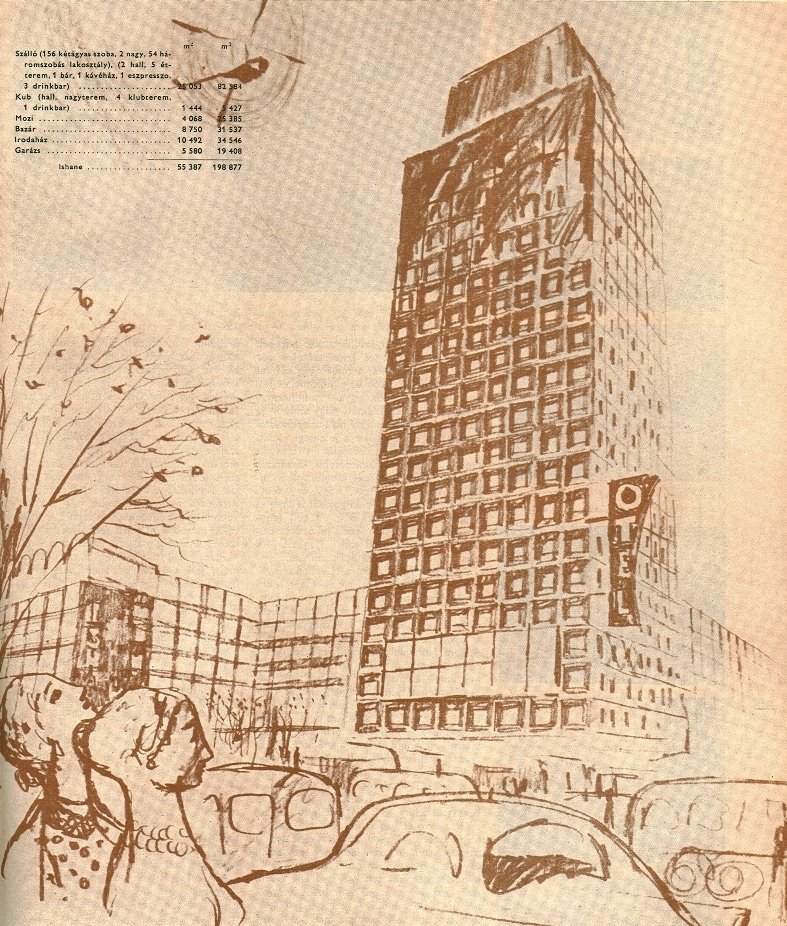© Turkuvaz Haberleşme ve Yayıncılık 2025
The Hungarian Cultural Center will host an exhibition in the capital Ankara consisting of projects developed by Hungarian architects in Turkish lands that were never completed, from the late Ottoman period to the early republic era. The exhibition, prepared with the support of the Hungarian Tungsram lighting company and Hungarian and Turkish researchers, will welcome visitors on Feb. 4-25 in the Doğan Taşdelen Contemporary Arts Center.
The exhibition, titled “Hungarian Designs in Turkey, the Unrealized Projects of Hungarian Architects from the Late Ottoman to Early Republican Turkey,” will shine a light on the history and development of architecture in Turkey, analyzing an era of significant change for the country.
The exhibition, which was previously held in the Hungarian Cultural Center in Istanbul from Nov. 6 to Jan. 31, showcases the works of numerous Hungarian architects. The event's era of focus, the early 20th century, was a time when Turkish architecture was strongly influenced by Hungarian, German, French and Austrian architects. This unique period will serve as the foundation for the exhibition, as the plans and projects of famous Hungarian architects will be presented together in a new format.

The diverse catalog of unfinished architectural designs will include Imre Henszlmann's 1937 church design titled "Soli Deo Gloria," Jozsef Vago's project submitted to the competition on the building design for the Turkish Grand National Assembly (TBMM) in 1937 and Ferenc Hillinger's 1938 sketch of a residence on Istanbul's Bosporus Strait.
The exhibition also showcases a video, prepared with the support of the Foundation for the Protection of Heritage of the Tomb of Gül Baba – an Ottoman mausoleum in Budapest – which depicts how the sites of the projects would look like if they were completed.
Visitors will also be invited to vote for the structure they would most like to be brought to life. The exhibition will include projects of prominent Turkish architects of the time as well, including Mimar Kemaleddin Bey, Sedad Hakkı Eldem, Zühtü Başar and Ekrem Hakkı Ayverdi.
